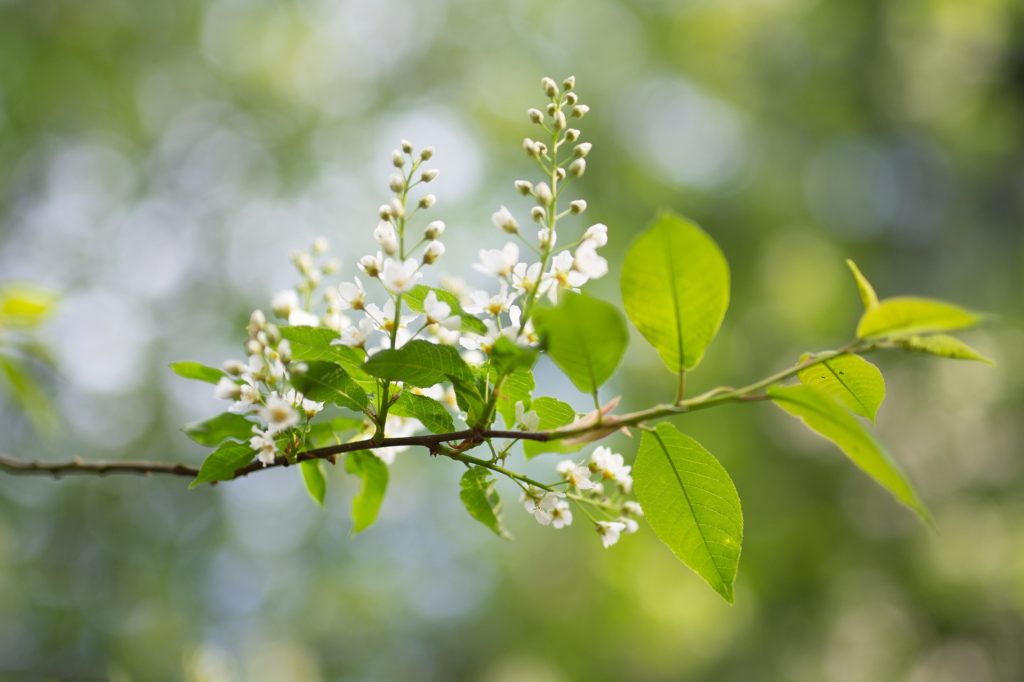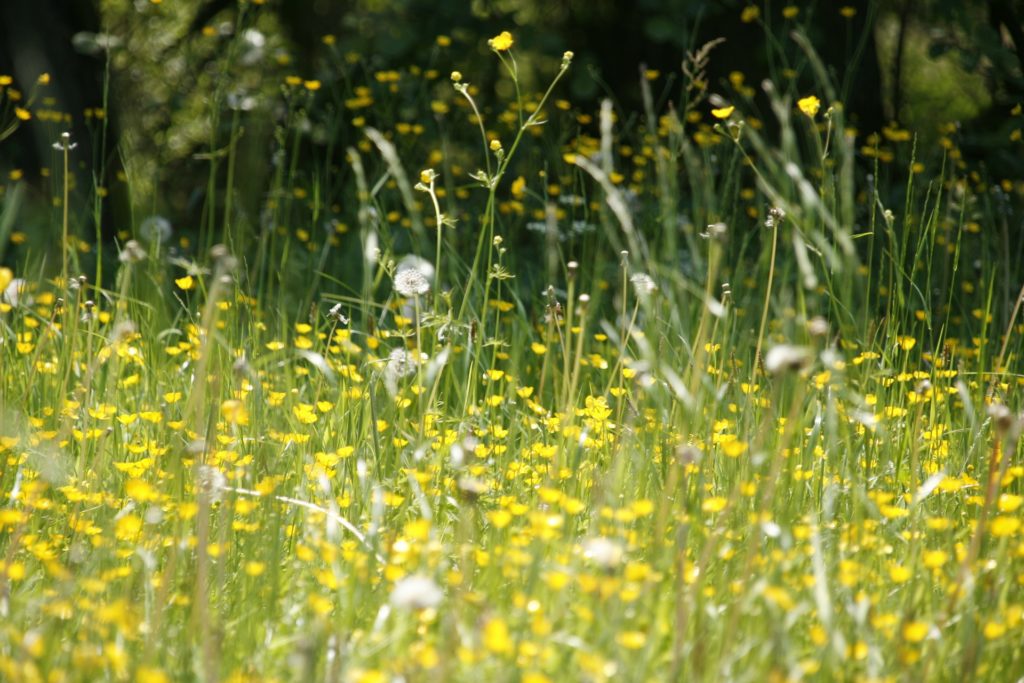Summertime is always something to celebrate in Texas, from the gorgeous blooming flowers to waterpark fun and trips to the beach, it’s truly a time to enjoy! However, spring and summer wildflowers, trees, grasses and weeds can wreak havoc on your allergies this time of year! We’ve got a few tips, below, to help you manage your spring and summer allergies in Texas.

First, if you are going to be working outside, in your yard for example, consider wearing a dust mask (Masks are readily available right now, so that should not be a problem!). Mowing the grass, raking the lawn, and pruning trees and shrubs can stir up pollen. A dust mask can help trap that pollen and keep you from breathing in as much of it.
When you come in from your yard work or outdoor sports activities, leave your shoes at the door to avoid tracking more pollen into the house. Change clothes and rinse off to remove pollen and dust you’ve accumulated while outside. It is especially important to wash your hair before going to bed, as you do not want all that pollen and mold to cling to your pillow.
On windy days or high pollen count days, consider avoiding the outdoors. That doesn’t sound like much fun, but it is a sure fire way to help alleviate allergy symptoms.
Avoid leaving your windows open at home and don’t drive with the windows down in the car, if possible. This is not the time to drop that convertible top!

Use your allergy medication as recommended and make sure to follow the instructions from your allergist. Using a neti pot or just an over-the-counter saline rinse will help wash pollen and mold from your nose. “Rinsing the nose” several times a day will help not only your nasal symptoms, but also your eye and chest symptoms. The nose is where everything starts, so managing that will help tremendously. If you are using nasal steroids and/or oral antihistamines, take them as directed by your doctor. And if you are taking prescription allergy injections or allergy drops from your physician, be consistent with administration, as this may be your best preventative.
If you need more help or have questions about spring and summer allergies in Texas, you can always contact Dr. Hallett for more information!